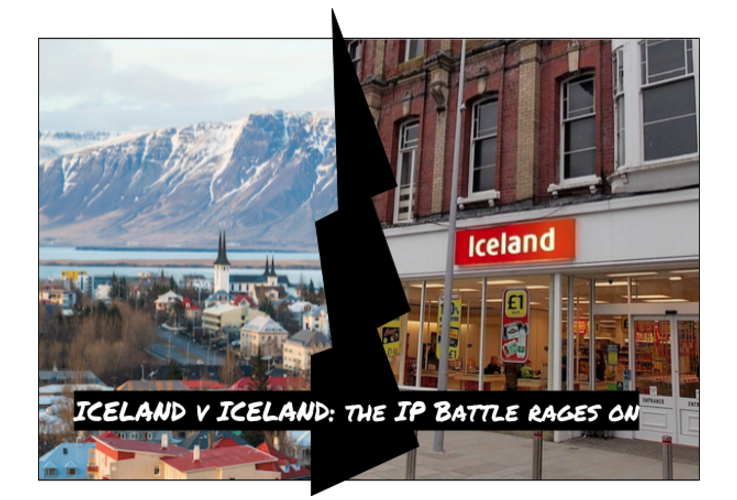Iceland (the supermarket chain) has been trading under the name for 46 years. Iceland (the nation) has had enough of sharing its name and is suing the British brand for intellectually property rights.
Iceland Foods holds a Europe-wide trade mark for its name, and according to Iceland (the country), the retailer’s trademark prevents local firms from marketing their products.
“Iceland Foods has aggressively pursued and won multiple cases against Icelandic companies which use ‘ICELAND’ in their representation or as part of their trade mark, even in cases when the products and services do not compete,” the government of Iceland said in a statement.
As a form of recourse, the Icelandic government is now asking the European Union Intellectual Property Office to invalidate the trade mark.
The European Union Trade Mark covers a range of goods including freezers and microwaves, paper articles, food such as meat, vegetables and milk products, coffee, tea, confectionery and fruit, beers and non-alcoholic beverages and also the operation of its stores and its online shop.
A registered trade mark is a powerful monopoly right, and currently, Iceland Foods enjoys a monopoly over the “ICELAND” brand in the EU. With its registered trade mark, Iceland Foods is entitled to prevent other businesses using the brand name “ICELAND” or similar names, on the same or similar products, in the EU.

Over the years, Iceland Foods has been successful in preventing a number of companies from using the word, including some Icelandic businesses, although trade mark law does allow some checks and balances. For example, it would allow an Icelandic business to use the term “ICELAND” to describe the origin of the product, provided such use is only descriptive.
“Unless Iceland Foods can come to an agreement with the Icelandic government, this is a battle that could last years. The food company is unlikely to want to share the exclusivity they have enjoyed in the term, by virtue of this European trade mark registration and decades of use, and they would certainly not want to open the door to non-Icelandic opportunists who might try to ride upon the success of their British brand in the EU,” Sharon Daboul, trade mark attorney at IP law firm, EIP, said.
Now that the proceedings have been filed, Iceland Foods must defend its trade mark in order to enjoy continued registered protection. To retain the trade mark, it will need to argue that the mark is distinctive for the products and the retail store, and that it will not cause the public to believe that products branded “ICELAND” actually come from Iceland.
Iceland Foods has more than 800 stores across the UK and employs more than 23,000 staff.
On the back of decades of continued use, Iceland Foods should be able to retain some form of trade mark protection, but its success will depend on the strength of its arguments and the weight of supporting evidence.






